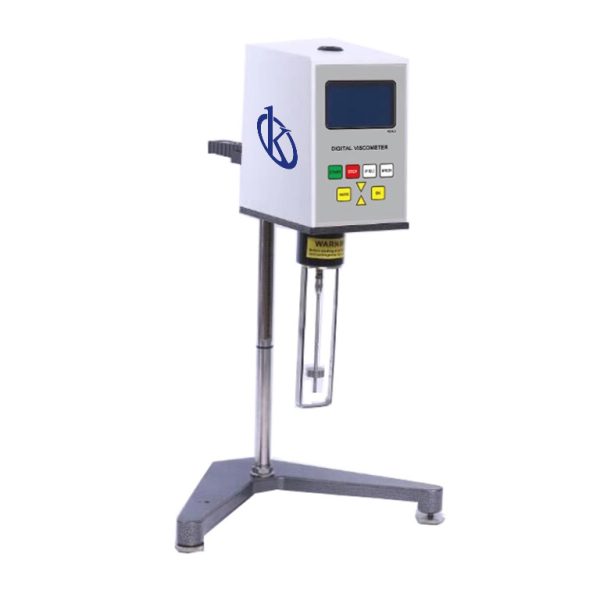Currently, the production of food with a high quality is an important aspect for consumers. For the food and beverage industry, it is a challenge to meet the demands of users regarding the quality standards of food products, due to the numerous measurements that involve process control and quality.
This is a challenge for those responsible for conducting these analyzes, as the measurements must be fast, accurate and not costly. This applies to all measured variables and in particular to viscosity.
Viscosity can be defined as the resistance offered by the molecules that make up a liquid to separate from each other, that is, it is the opposition of a fluid to deform and this opposition is due to the adhesion forces that some molecules of a liquid or fluid have with respect to the other molecules of the same liquid.
The measurement of this variable is essential in most stages of production, because viscosity can change the flow properties of a liquid food and influence the appearance and consistency of a product. Many factors can affect the quality of the food that is made. However, special attention should be given to measuring and monitoring viscosity, as it is an important indicator of quality.
Why is it important to determine viscosity in food production?
The determination of viscosity is essential in industrial sectors where liquid media are involved, because the texture of the final product can be affected markedly by changes in the viscosity of liquid elements during processing. In the food industry, liquid substances are almost part of almost all stages of production. For example, for the chocolate industry, viscosity testing is essential.
The thickness of the chocolate, when in liquid state, will affect the finished product. To achieve the proper density, texture and flavor of the finished chocolate, it is necessary to carefully handle the viscosity of the chocolate when it is in liquid state.
On the other hand, in the food industry it is common to use thickeners for soups, and syrups for sweetening or as food and beverage binders. Many of these syrups or thickeners are obtained from the enzymatic degradation of starch, so the viscosity and fluidity properties of the food will depend largely on the adhesive properties of the starch they contain.
Because starch has characteristics that vary according to temperature and environment, determining the temperature-dependent viscosity of the foods that contain it is essential.
Likewise, viscosity is an important variable in quality control of liquid raw materials entering the industry, as well as liquid elements that must be pumped through pipes, since the latter contributes to less wear processes for different industrial equipment.
How can we determine viscosity during food manufacturing?
Viscosity is determined by a device called a viscometer. This apparatus allows the measurement of the viscosity of liquids and their flow properties. They are easy to operate instruments, provide quick results, have various applications and can be used in different substances and materials.
In addition, various controls are carried out at different stages of food production. For example, quality control of raw materials entering the industry, quality control of intermediate products, quality control of finished foods and process controls. Depending on the stage in which the control is being carried out, the frequency of the measurement and the equipment used will depend.
For example, for quality control of raw material entering the industry, the measurement is done at the time of receiving the material. In the case of final products, random measurements are made of the batches produced. In both cases, the analysis is carried out in the laboratory of the industry, with suitable equipment for this purpose. In other cases, measurement is required selectively at the site or continuously (online measurement). Appropriate equipment shall also be used for these purposes.
Kalstein Viscometers
At Kalstein we offer a wide variety of YR series viscometers, with models that you can choose according to the needs of your industry. Kalstein equipment offers stability, accuracy and precision in the measurements made. In addition, they are designed with a control panel that facilitates the configuration and visualization of the parameters of the measurement being made. For more information on Kalstein viscometers, visit the HERE We are manufacturers, so in Kalstein you can make the purchase of viscometers at advantageous prices. For more detailed information, visit HERE

